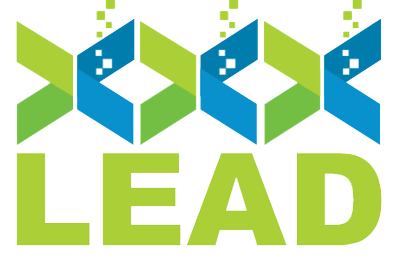
LEAD will create Digital Twins of
urban logistics networks in six cities in TEN-T urban Nodes, namely Madrid
(Spain), The Hague (the Netherlands), Budapest (Hungary), Lyon (France), Oslo
(Norway) and Porto (Portugal).
These will test and represent
different innovative solutions for city logistics to address the requirements
of the on-demand economy, while aligning competing interests and creating value
for all different stakeholders in a public-private setting.
Each value case will allow for the
development of solutions for shared, connected, and low-emission logistics
operations, empowered by an adaptive modelling approach and the Digital Twin
models. Agent-based models will be used to enable logistics stakeholders to
recognise their roles and business models, including relevant operational,
tactical, and strategic decisions in the Digital Twin, mirroring value cases in
city life.
The long-term vision of LEAD is to
design an open, physical internet-inspired framework for smart city logistics
that incorporates the created Digital Twins, laying the foundations for the
development of large-scale city Digital Twins.
The main results of LEAD will be:
- Value cases co-design: LEAD will develop a contextual
framework to support the design and implementation of cost-effective
sustainable integrated city logistics systems, by involving stakeholders in the
co-creation of innovative last mile solutions and services that address the
needs of the on-demand economy.
- Digital Twinning
Tools: LEAD will design and develop a
simulation-based impact assessment environment and a Digital Twin Model, for
evaluating alternative city logistics strategies, measuring the impact of interventions
and supporting well informed data-driven decision and policy making.
- Validation
in Living Labs: LEAD
will demonstrate and validate project concepts and tools in six intervention
areas (Madrid, The Hague, Lyon, Budapest, Oslo, Porto), with heterogeneous
urban, social and governance conditions and logistics profiles, representative
of the European diversity, involving all actors in exploring combinations of
different measures toward implementing optimal logistics solutions.
- Scale-up: LEAD will formulate a Roadmap towards
PI-inspired zero emission city logistics consolidating project experiences from
the Living Labs, accelerate take-up of sustainable solutions through
stakeholder engagement and capacity building and provide practical guidelines on
the use of LEAD tools and Digital Twins in SUMPs and SULPs process steps.

